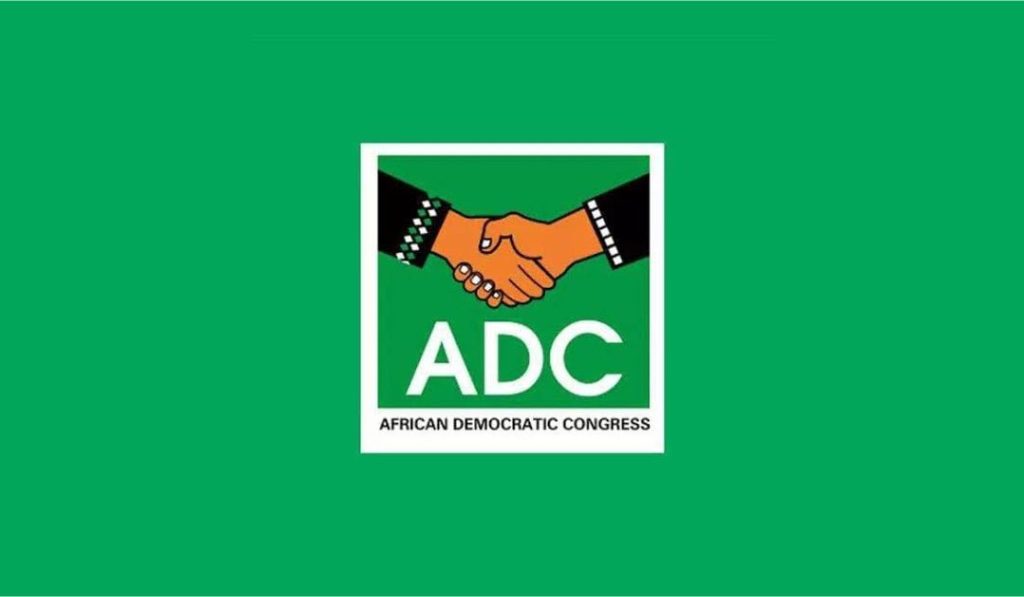The African Democratic Congress (ADC) has vehemently denied reports circulating in certain media outlets claiming that the Independent National Electoral Commission (INEC) has validated and released a list of the party’s state chairmen across Nigeria’s 36 states and the Federal Capital Territory (FCT). The party’s spokesperson, Bolaji Abdullahi, issued a statement categorically refuting the claims, labeling them as “fake news” designed to sow discord within the party’s ranks. Abdullahi emphasized that the process of ratifying state leadership is an internal party matter governed by the ADC’s constitution and internal procedures. He clarified that INEC’s role is to recognize submissions made through official channels after due diligence, and to date, no such comprehensive list has been submitted to or confirmed by INEC. The ADC reiterated its commitment to upholding internal democracy and discipline, urging stakeholders to remain vigilant against misinformation and manipulative tactics.
The controversy surrounding the purported list of state chairmen comes amidst internal tensions and a leadership tussle within the ADC. The recent recognition of former Senate President David Mark as the party’s national chairman by INEC has fueled the dispute, with conflicting claims and counterclaims emerging from different factions within the party. The situation has been further complicated by a court summons issued to both Mark and the party’s National Secretary, Rauf Aregbesola, over the leadership changes. The ADC, however, has denied reports of a court injunction barring INEC from recognizing the Mark-led faction, dismissing such reports as further attempts to spread disinformation by “desperate political jobbers.”
The ADC’s emphatic denial of the INEC-validated list underscores the importance of due process and internal party procedures in determining leadership positions. The party’s constitution outlines the mechanisms for selecting and ratifying leaders at various levels, including state chairmen. These internal processes must be followed diligently to ensure transparency, fairness, and legitimacy. The premature release of an unverified list, especially one attributed to INEC without official confirmation, undermines these processes and creates confusion within the party’s structure. It is crucial for party members and stakeholders to rely on official communication channels and verified information to avoid being misled by fabricated reports.
The leadership tussle within the ADC highlights the challenges faced by political parties in Nigeria, particularly during periods of transition and internal restructuring. Disagreements over leadership positions and control of party machinery can lead to factionalism, internal strife, and legal battles. Such disputes can distract the party from its core mission of representing the interests of its members and contesting elections effectively. The ADC’s internal struggles underscore the need for strong internal conflict resolution mechanisms and adherence to democratic principles within political parties. A transparent and inclusive process for resolving leadership disputes is essential for maintaining party unity and projecting a cohesive image to the electorate.
The dissemination of “fake news” and misinformation surrounding the ADC’s internal affairs underscores the growing threat posed by disinformation in the political landscape. The rapid spread of false information through social media and other channels can manipulate public opinion, create confusion, and damage the reputation of individuals and organizations. In the context of political parties, the spread of disinformation can exacerbate internal divisions, undermine trust in leadership, and erode public confidence in the party’s ability to govern effectively. It is crucial for political parties to actively combat disinformation by promoting media literacy, fact-checking claims, and holding those who spread false information accountable.
The ADC’s current challenges underscore the need for strong institutions and adherence to due process within political parties. Internal democracy, transparency, and accountability are essential for building a strong and credible political organization. The party must prioritize resolving its internal disputes through established procedures, upholding the rule of law, and promoting internal cohesion. Furthermore, the ADC must actively combat the spread of disinformation and misinformation to ensure that accurate information reaches its members and the wider public. By addressing these challenges effectively, the ADC can strengthen its internal structures, enhance its credibility, and position itself as a viable political force in Nigeria.














